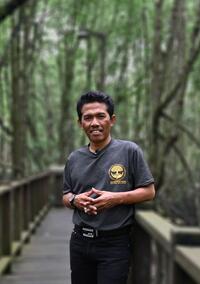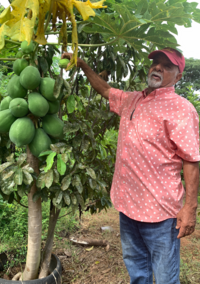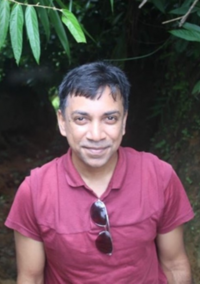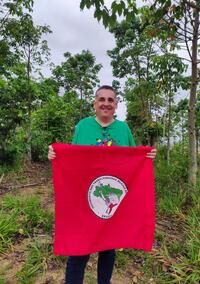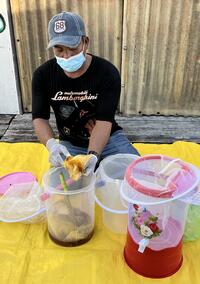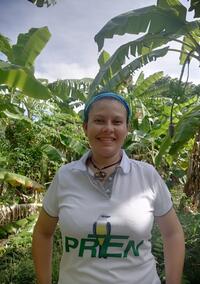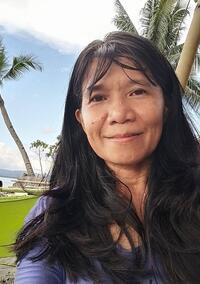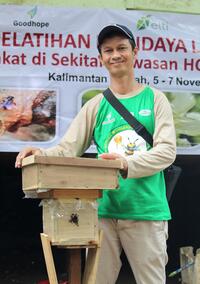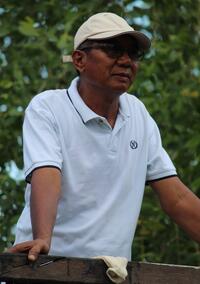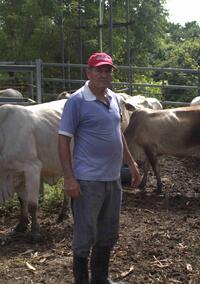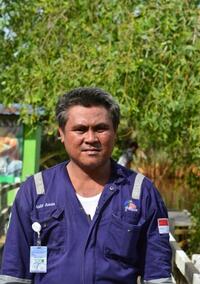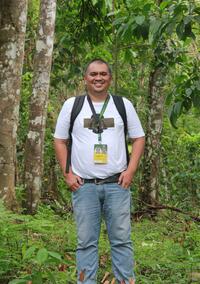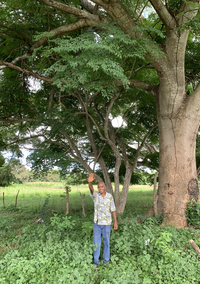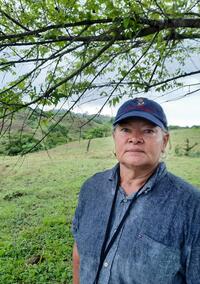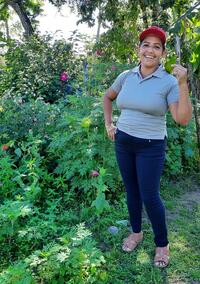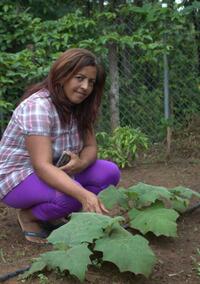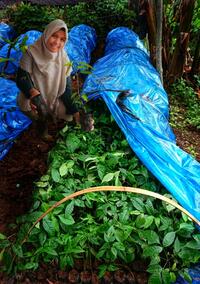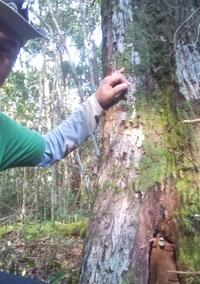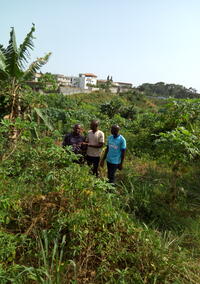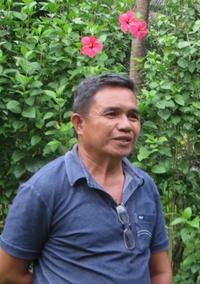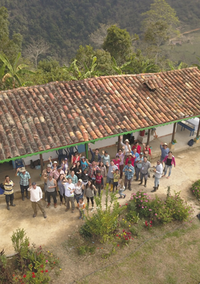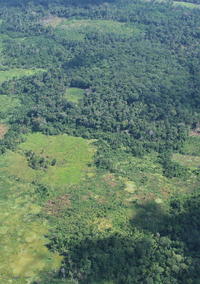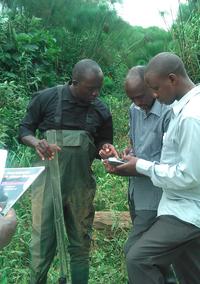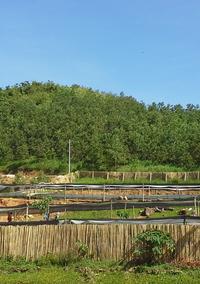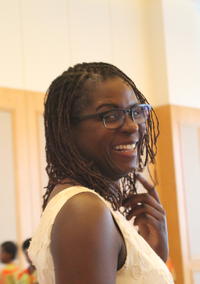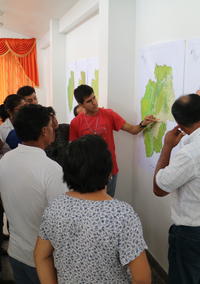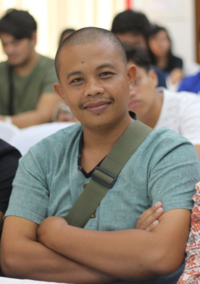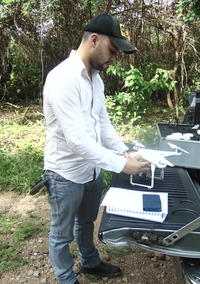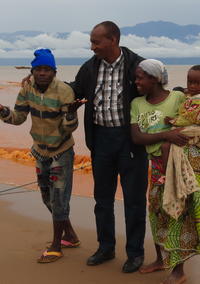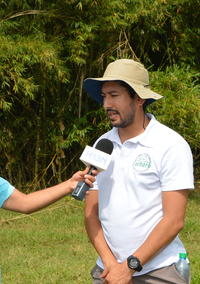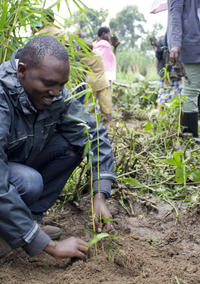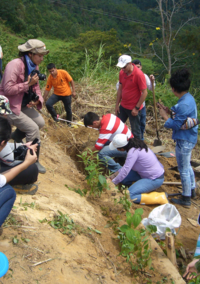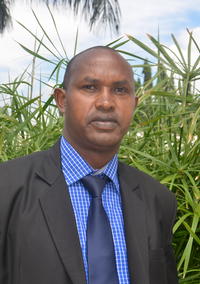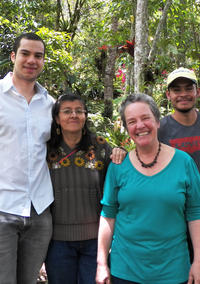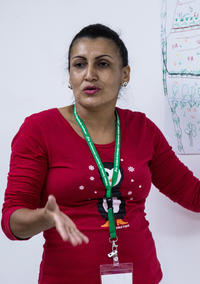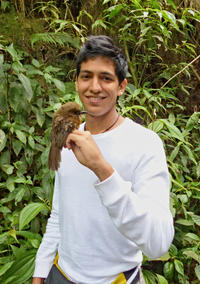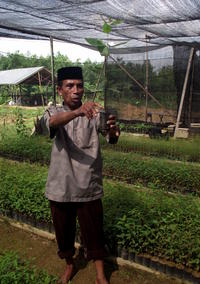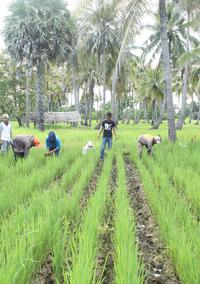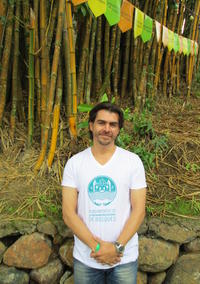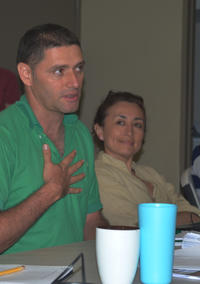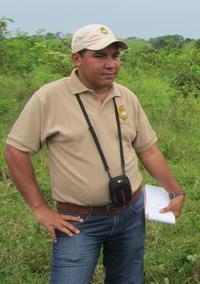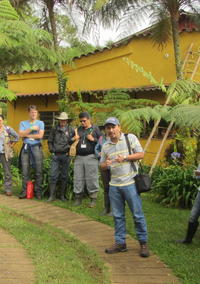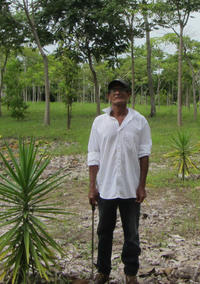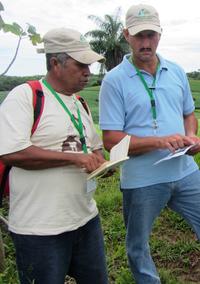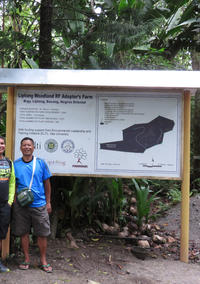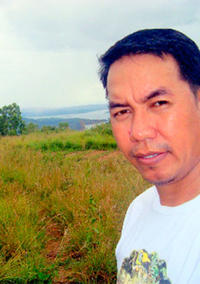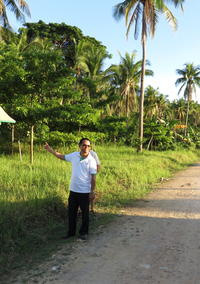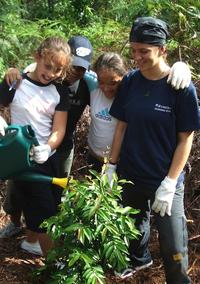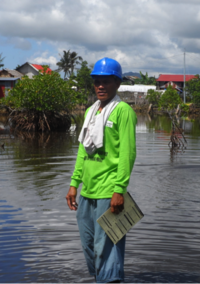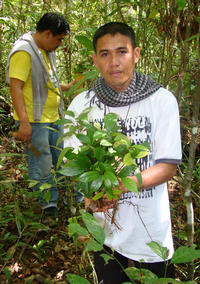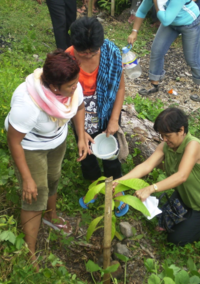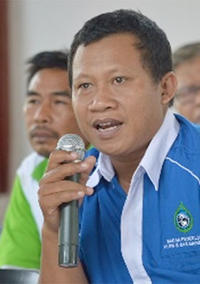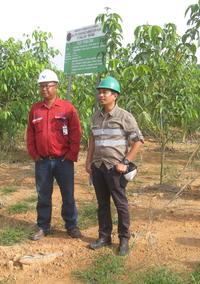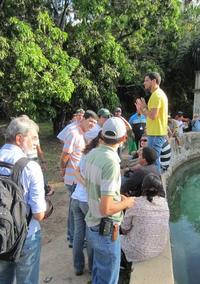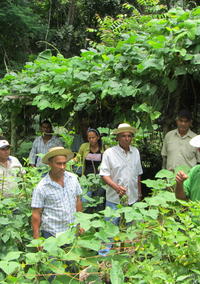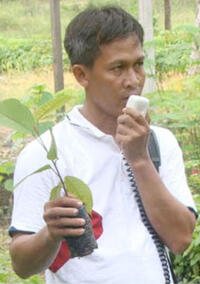You are here
Philippines' Forest Management Bureau Adds Forest Landscape Restoration Techniques
“Even though our reforestation programs have been successful, there are still difficulties coordinating with various stakeholders,” says Michelle Ojeda, Forester for the Philippines’ Forest Management Bureau. “Since FLR is a new concept, we have few examples of successful domestic implementations of this approach to share with our stakeholders.”
Michelle works in the Bureau’s central office where she is involved in the planning and oversight of the NGP’s implementation across the country. She took the ELTI-IUCN course Forest Landscape Restoration in the Tropics to expand her understanding of ROAM and her capacity to engage with stakeholders.
As the course progressed, Michelle realized how little she knew about landscape-level restoration, and became inspired to study more: “Right now I’m still reading new materials, re-reading course materials and reviewing the lectures. And I’m sharing it with my colleagues. It’s very helpful.”
Through the interaction with participants from different countries, I got to learn from their experiences on how to engage with stakeholders across social, geographic, and cultural borders. Now, I reference lessons and case studies from other countries in our program’s planning.
Michelle Ojeda
Michelle emerged from the course with a deeper understanding of ROAM and greater confidence to engage stakeholders.
“That’s the most important thing I learned in this course: how to communicate with local people and convince them to help us,” she says. “I learned that different people have different preferences and require different approaches. For example, when considering a project we propose, local people want information on the socio-economic benefits they can expect. This course taught me this strategy, and provided the case studies to convince stakeholders that FLR can benefit both people and the environment.”
Michelle seizes every opportunity to share with her colleagues the knowledge she gained in the course. In the future, she hopes to plan a formal training to present some of the lessons learned from the course for her colleagues and other stakeholders.
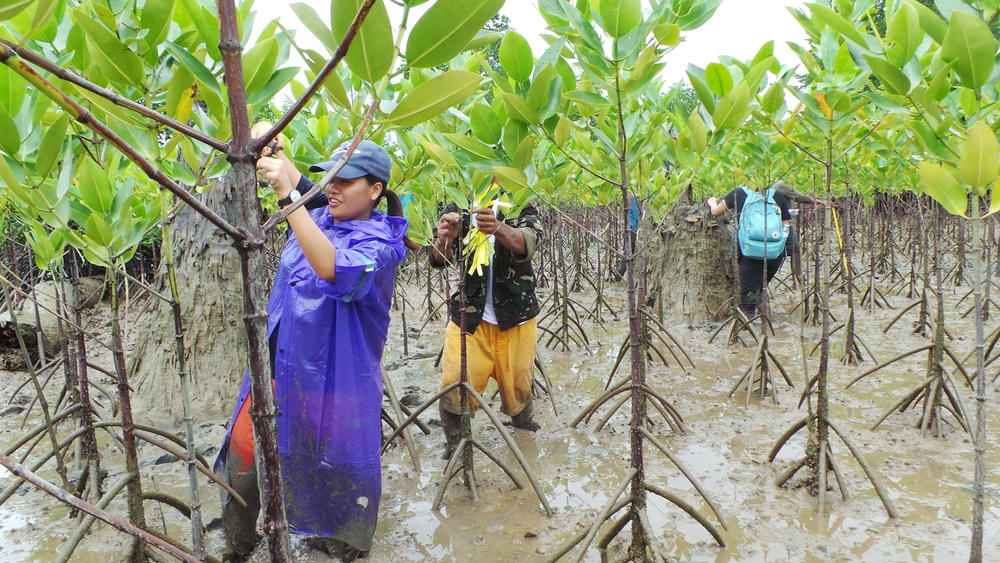
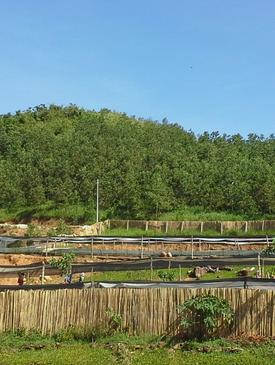
Acknowledgements
Michelle would like to thank the World Bank, which provided her with the opportunity and funding to attend the course; ELTI and IUCN for all of the eye-opening lessons, and; the Philippines Forest Management Bureau for supporting her participation in the course.






